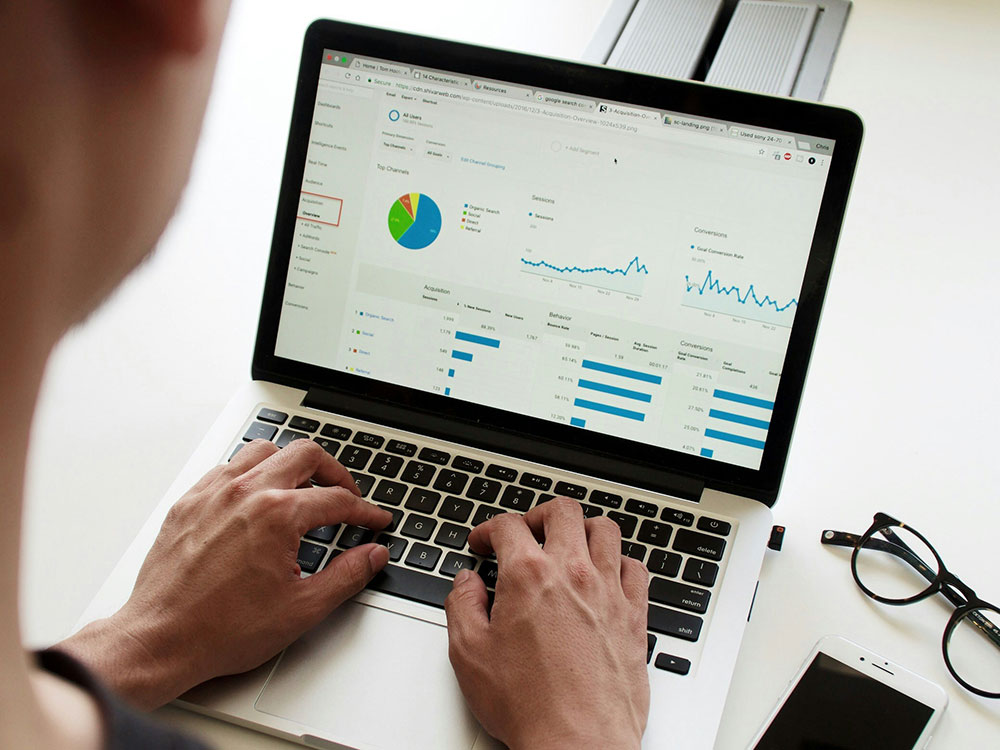How to Budget
So you want to write a budget. Money in general can be stressful, so here’s a breakdown of exactly how to start budgeting and what you should do.
Table of Contents

Make it a fun event
Budgeting can be scary, but there are ways that you can make it less intimidating. When you first go to start your budget, get your favourite meal, find a relaxing spot, and vibe to some of your favourite music. The more you make it something you can look forward to, the more that you’ll be willing to actually get started.
Get a budget template
There are a lot of free budget templates that you can get online that will help you. One that’s really easy to access is with Microsoft Excel. When you open a new document from template there are a few options for you; pick whichever one you like the most! Just make sure that in each category there is an ‘other’ option, because this allows you to customize the budget to your lifestyle. You can also just grab a pen and paper if you prefer to do it old school. You can also use the Budget Calculator.
Start with Income
Whether it’s from OSAP, savings, or a part-time job, the first step is to find out how much money we have coming in. If you’re using OSAP or savings, then you’ll most likely be getting one big payment at the beginning of the term. One tip is to split that money up into a monthly amount. For example, if you get a lump sum deposit in September and another one in January, then your first deposit will need to last you 4 months (September, October, November, December). Take you deposit and divide it by 4 to find out how much you’re making per month. If you’re working part-time and your hours change every week, then be conservative and calculate your income based on the least amount of hours you’ll work. That way any extra hours you work is a bonus.
Move on to fixed expenses
Fixed expenses are everything that costs the same amount of money every month. This is stuff like your rent, internet, cellphone, Netflix, and Spotify.
Next is variable expenses
Variable expenses are things that can change from month to month. Groceries belong on this list. Dining out, clothing, trips to the movie theatre. Variable expenses are things that you do every month that don’t always cost the same amount every month. Sometimes this will be a guess, and that’s ok! Budgets can be adjusted once you find out your spending habits
Credit Card Debt
If you have credit card debt then you want to tackle that right away. Credit cards charge really high interest, so you want to make a plan to start paying it down now.
Savings
Savings are really important, even if you’re a student. Emergency funds are relevant to everyone, and can really help when you’re in a pinch. Even if it’s a small amount, decide how much money you’re going to set aside each month. Even $5 a month is better than nothing.
Add $100 to your budget as an extra
We all have those things that we don’t think of right away. It’s a good idea to leave a buffer of at least $100 to make sure that if anything comes up that you didn’t think of, you’re covered.
Calculate your income minus your expenses
You have your monthly income. You have your monthly expenses. You have your calculator. It’s time to take your income and subtract your expenses. Do you have money left over? Great! You can add some more money to savings and maybe to another category like groceries or dining out.
Are your expenses more than your income?
Not to worry, that’s why we’re doing the budget in the first place! Now is the time to determine what you can sacrifice and what you can’t. Maybe cut down on some of the times that you eat out, maybe it means finding a part-time job to earn a little extra cash. Whatever the case may be, you’ll feel so much better doing this now that you will later when your cash is starting to run low.